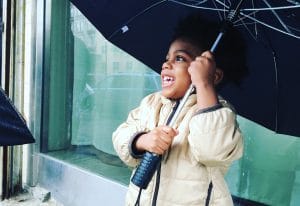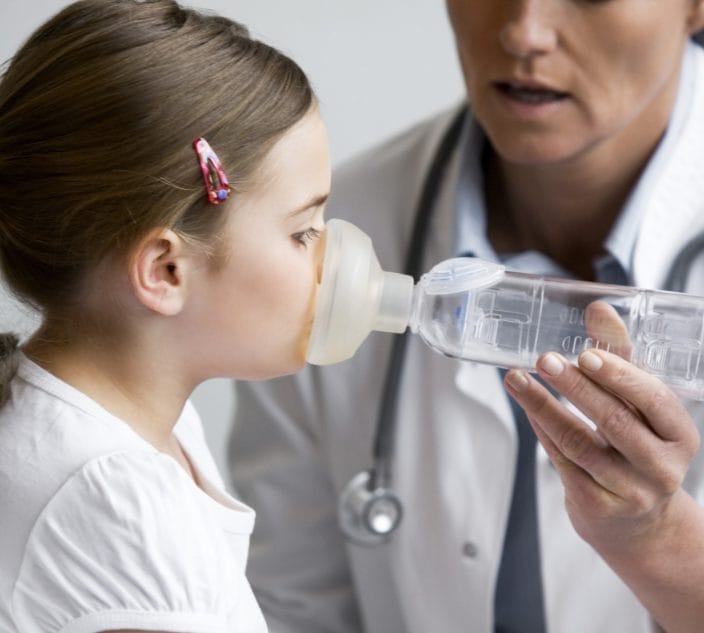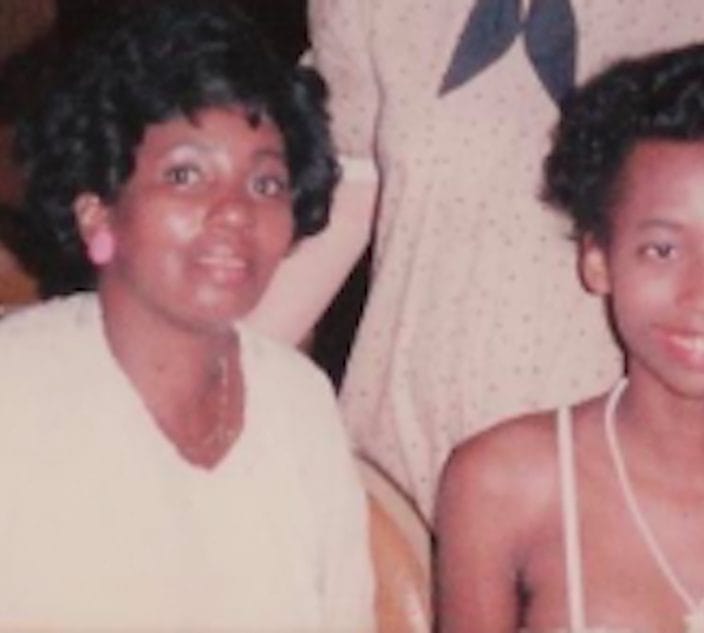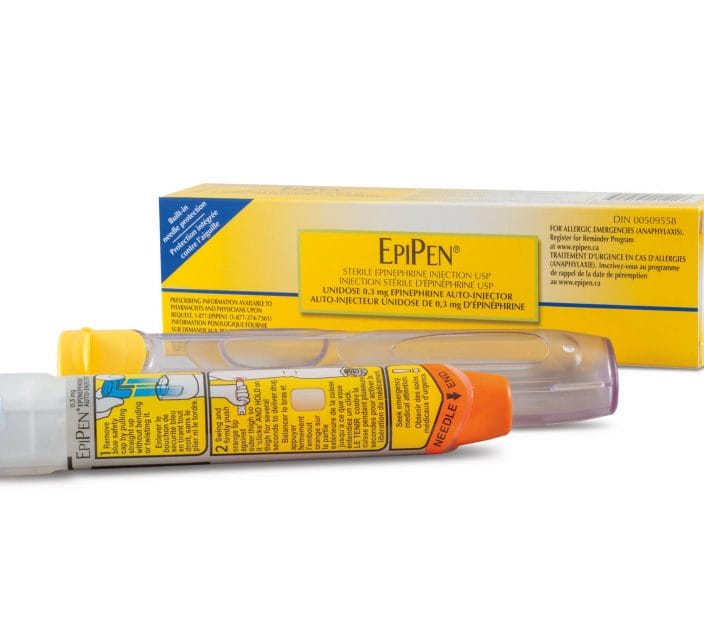 Elijah Silvera
Elijah Silvera The result of an initiative known as “Elijah’s Echo,” the legislation, which passed the Assembly on June 17, 2019 hails from the inspiring advocacy of Thomas Silvera and Dina Hawthorne-Silvera, whose 3-year-old son Elijah-Alavi tragically died of anaphylaxis after a New York City daycare employee fed him a grilled cheese sandwich. The governor must simply sign it now to become law.
The failure in the system was that Elijah had a known severe dairy allergy, among other food allergies, and asthma. Not only did the daycare center give Elijah food to which he was severely allergic, they also failed to call 911. They only told Elijah’s mother that he was having an asthma attack; she was not told that he had eaten and therefore needed epinephrine.
This is what Elijah’s Law will address directly: that proper education and training is critical to preventing a devastating failure in care like this from happening again.
Thomas Silvera told Allergic Living: “Elijah’s Law will go a long way to ensure that all children in every learning environment – daycare center, pre-K programs, and K-12 – are better cared for when it comes to food allergies.”
The New York Assembly passed a second important piece of allergy-related legislation on June 18, 2019. Called Gio’s Law (A1024B), this bill authorizes state police and firefighters to be trained on how to administer epinephrine auto-injectors and to carry these auto-injectors in their vehicles. Georgina Cornago Cipriano spearheaded this legislation after her son Giovanni, who had a peanut allergy, tragically passed away due to anaphylaxis. The law’s passage came as a shock, as Cornago Cipriano had lost hope the bill would succeed in this session. But then last-minute amendments for first responder education led to a swift and favorable vote.
“Giovanni’s name will never forgotten now, and this bill will continue to save lives because of him. Just as Elijah will continue saving lives through their newly passed legislation,” she told Allergic Living. “It’s unfortunate that these laws have had to be written in the blood of our children’s loss. We don’t want to have to write these like this anymore. ” She stressed the critical need for food allergy treatments and better education from health-care providers.
What Elijah’s Law Says
Commenting on Elijah’s Law, Kenneth Mendez, CEO and president of the Asthma and Allergy Foundation of America, summed up the crux of the matter: “One preventable death of a child is one too many.”
 Thomas Silvera
Thomas Silvera As Mendez explains, “Although daycare centers and preschools are obligated to accept students with food allergies, there is no federal requirement for early education centers to have food allergy management policies and procedures in place. Thomas Silvera set out to ensure that children with food allergies in New York are properly cared for in daycare centers.”
The new law requires the Health Commissioner to establish for daycare providers guidelines and procedures for the prevention of and response to anaphylaxis. These protocols will include training courses, guidelines for the development of individualized emergency health-care plans, communication and treatment plans, and risk-reduction strategies. Child-care programs will be required to have protocols in place for communicating about foods that are safe and unsafe, along with strategies to avoid allergen exposure.
Silvera describes the ultimate goal of Elijah’s Law as threefold:
- “Access: for every daycare to be stocked with epinephrine auto-injectors.
- Education: for every adult that works in daycares to know the signs of anaphylaxis and be able to treat children experiencing it.
- Equity: to make sure that all children in every school in every neighborhood regardless of socioeconomic conditions, culture, or class, are safe when their parents drop them off at school.”
‘Elijah’s Echo’ Pushes Forward
The New York State Assembly’s vote approving Elijah’s Law follows the state Senate’s passage in late May. The bill appeared to be stalled in the Assembly, so the food allergy community sprang into action. Mendez said AAFA’s Kids With Food Allergies community gave the bill a boost by sending over 200 letters from New York residents to their state lawmakers. Food Allergy Research & Education (FARE) similarly mobilized a letter-writing campaign. All that’s awaited now is Governor Andrew Cuomo’s signature, which will represent the culmination of the untiring advocacy of the Silvera family, the lawmakers who backed them, and the food allergy community which has stood with them.
Thomas Silvera hopes the strength and reach of Elijah’s legacy and his family’s advocacy doesn’t stop at the state borders. He told Allergic Living, “Governor Cuomo once said, ‘When New York does something, the rest of the country pays attention.’ He’s right.”
Previously: Elijah’s father on the need for food allergy training at all school levels





